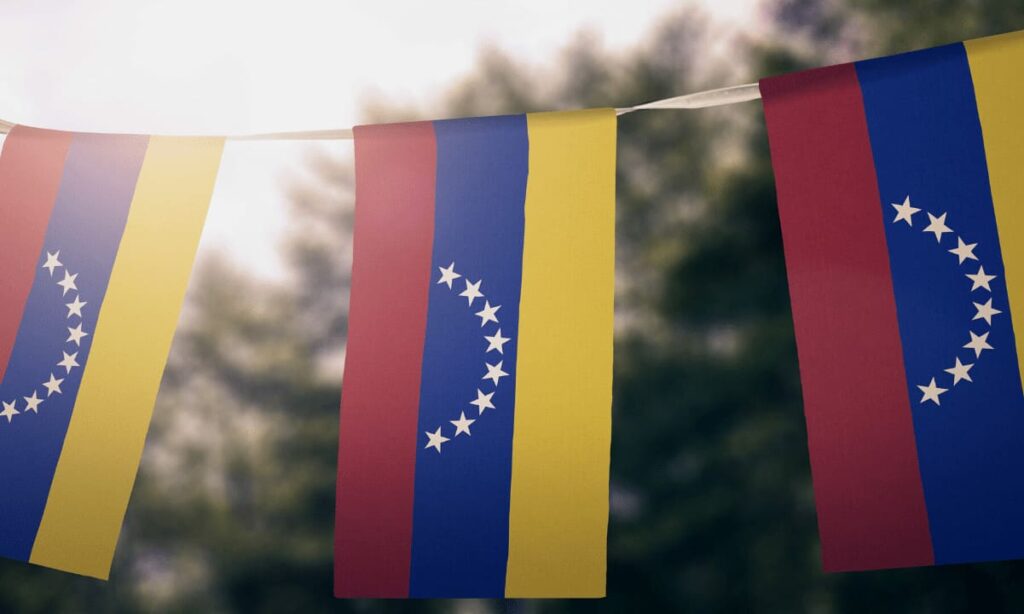Venezuela's state oil and gas company PDVSA reportedly plans to accelerate the use of cryptocurrencies, particularly USDT, the largest stablecoin by market capitalization, to circumvent US sanctions.
Venezuelan oil companies are gradually starting to integrate USDT into oil sales in 2023, reportedly introducing a new policy requiring new customers to have a digital wallet holding cryptocurrencies. It is said that there is
Venezuela focuses on USDT for oil exports
Reuters reported, citing people familiar with the matter, that PDVSA's intention to accelerate the use of USDT for crude oil and fuel exports comes after the United States temporarily imposed sanctions on Venezuela's oil and gas sector. This was in response to the government's refusal to renew a general permit that had been canceled.
The general permit was issued in October following President Nicolas Maduro's promise to allow free and fair elections in 2024. With permits granted for sales, Venezuela's oil exports reached 900,000 barrels per day (bpd) in March, the highest export in four years. Year.
However, after President Maduro's government failed to keep its promise, the United States appears to have not renewed the permit and reimposed sanctions on the country.
Without the update, PDVSA customers and providers will have to curtail trade until May 31, which could make Venezuela's oil exports increasingly difficult, Reuters reports.
Following the reimposition of oil and gas sanctions, Venezuela's PDVSA wants to expand its use of USDT, which it began accepting transactions last year, to reduce the risk of profits in foreign bank accounts being frozen as a result of sanctions. .
In the first quarter of 2024, Venezuelan Oil Company transitioned its non-swap oil spot trading to a new contract model that requires half the value of each cargo to be prepaid in USDT.
PDVSA also reportedly requires new customers to have a digital wallet holding cryptocurrencies, a requirement that also applied to older contracts that did not specify the use of USDT.
Cryptocurrency comes to the rescue in Venezuela
On the other hand, the use of cryptocurrencies for oil and gas trading is unusual, given that the US dollar is the main preferred currency used in global markets.
According to one trader who spoke to Reuters, crypto transactions in the oil sector do not go through any trade compliance department, so the only way to ensure USDT usage is through an intermediary.
However, while this reliance on intermediaries for digital currency transactions helps PDVSA avoid sanctions, it also reduces the company's oil revenues.
This is not the first time Venezuela has turned to cryptocurrencies to circumvent US sanctions. In 2018, the government introduced a state-owned oil-backed cryptocurrency called the Petro.
However, the petro was not widely adopted and faced growing criticism from inside and outside Venezuela. Almost six years after the start of the project, there were reports that the Venezuelan government has decided to terminate the Petro cryptocurrency in January 2024.


